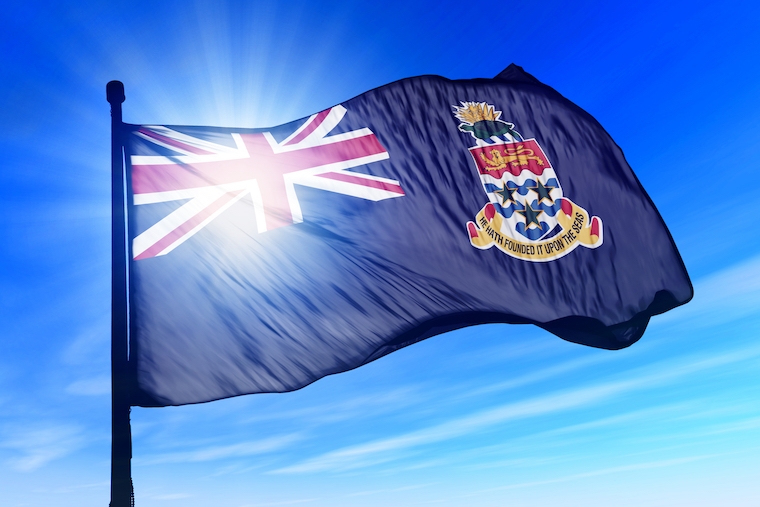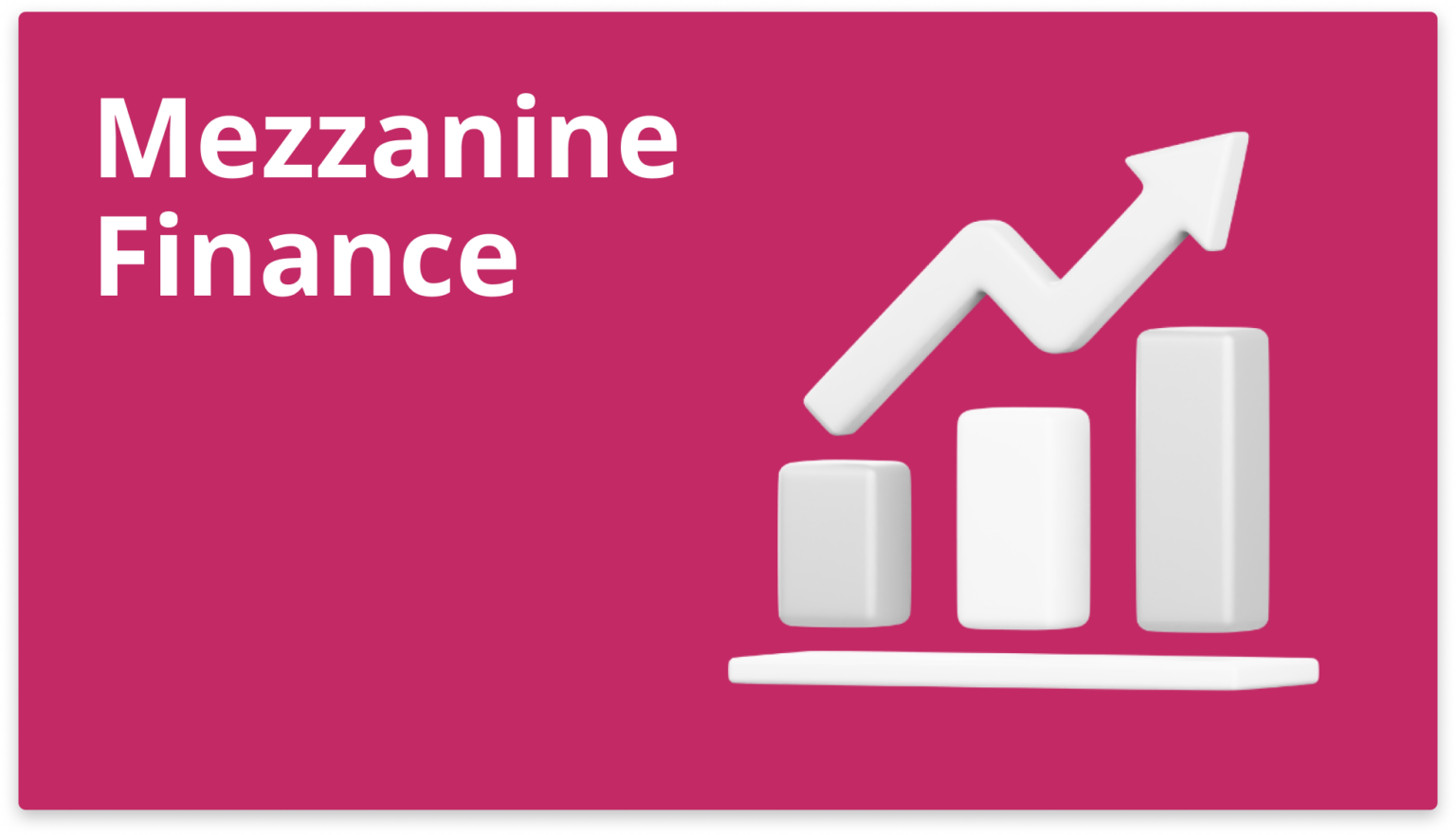Cayman Islands banks offer a range of different accounts to suit your needs. You can contact Cayman Bank via the Internet to arrange a confidential consultation and discuss your needs. Whether you want an offshore account, an investment fund account, or a prestigious private bank account, Cayman Bank has an account that perfectly suits your business and personal needs.
Learn about General Information and Requirements
Understand your country’s tax laws. Learn about the penalties and jail terms associated with evading local taxes through the use of offshore accounts. If your taxes are based on worldwide income, it is illegal not to report profits earned in an offshore bank/investment account, even though there may be no additional taxes in that country.
- If the purpose of opening an offshore account in the Cayman Islands is to avoid tax regulations, you cannot do so legally. If you are caught evading taxes by depositing money into offshore accounts, you may face a variety of civil and criminal penalties, including confiscation of property and possible jail time.
Understand the differences between offshore accounts and investment accounts. Having a bank account and an investment account are two different things, each with completely different tax implications.
- Offshore accounts are managed by banks and provide the traditional services associated with holding a bank account: spending, earning, and transferring funds, as well as earning some form of interest. If you just want to keep your money in an offshore account, a bank account may be the way to go.
- Offshore investment accounts are managed by investors and hold currencies in different currencies, as well as stocks, bonds, and condominium funds. They offer more flexibility than bank accounts but may incur higher fees. If you want to hold assets other than cash overseas, an investment account may be your best option.
Realize that you do not need to travel to the Cayman Islands to open an account. Accounts can be opened by mail and you do not need to travel to Cayman to open an account. In addition, many services can be set up with these accounts, such as online banking, mail retention, credit cards, and investment options.
Find a more competitive Cayman bank. You can obtain a list of Cayman Islands banks via the Internet or by writing to your local British Embassy. If you want to invest more than $300,000, use the phrase “Cayman Private Bank Account” “Cayman Banking” or “Cayman Bank” to search for Cayman Islands banks that accept accounts for smaller amounts. Cayman Private Bank’s operations focus more on investments and portfolio management than day-to-day banking operations.
- Ask each bank you consult what kinds of fees are involved in opening a bank account. Compare these costs to find a more competitive quote. These costs may not be underestimated. It may cost approximately US$500 to US$1,000 to open an offshore account.
Ask these banks if they require a “side note” endorsement. A side note endorsement is a special certification that you need to provide under an international treaty. If you are asked to provide a side note endorsement, you will need to go to your government department to obtain an official version of this endorsement before you can continue with the application process.
Get a checklist of requirements for opening an account. These requirements are usually established to avoid money laundering, fraud, or other legal or illegal activities related to international funds transfers. These requirements may include:
- Proof of financial status from your existing bank to confirm good financial relationships.
- Pay stubs for existing jobs.
- personal I.D.
- Copy of passport (may differ from proof of identity).
- Proof of residence.
- Describe possible uses of funds.
Note that some, but not all, offshore accounts may require significantly less supporting documentation and information. It makes sense that banks that don’t ask too many questions or require too many documents, exist: many people choose to keep using them. If you wish to open a bank account in the Cayman Islands to keep your funds clean and legal, you may find it to your advantage to avoid these institutions.
Prepare other requirements established by the banking institution as security measures. As publicity and oversight increased over the years, offshore accounts began asking more questions and requesting more supporting documentation. To avoid the following surprises, be prepared to provide additional information:
- If the funds you deposit are from a real estate transaction or major business venture, you may need to provide a sales contract.
- If the funds you deposited came from an insurance contract, you may need to provide a letter from your insurance company.
- If your deposit came from an estate, you may need to provide a letter from the executor.
Use Your Offshore Bank Account
If you have a choice, consider which currency you’d like to hold your funds in. One of the great advantages of having an offshore bank account is the ability to choose the currency in which your funds are held. However, this has its obvious advantages and disadvantages.
- The advantage of holding funds in a foreign currency is that you can avoid depreciating or unstable currencies. This can be a significant advantage if your country’s currency is unstable and/or depreciating significantly.
- The disadvantage of holding funds in a foreign currency is that you may be subject to foreign tax laws and pay the associated fees of converting the currency.
Learn how to deposit funds into your account. Most modern offshore bank accounts transfer money via wire transfer. Many offshore banks do not accept foreign checks, and carrying cash may be impractical and/or dangerous.
- Compare and look for competitive quotes, as banks often charge wire transfer fees when you transfer funds. If you can find a bank that does not charge wire transfer fees, you may consider doing business with this bank.
Learn how to withdraw money from your account. Although most banks will issue a debit card linked to your account, you may still need to pay a fee to withdraw funds from your bank account.
- Offshore banks generally do not issue checks to withdraw money due to privacy concerns. In addition, checks drawn on foreign accounts are generally not accepted by other banking institutions.
- For this reason, consider placing your funds in two accounts: one offshore and one domestic. You’ll be able to wire funds from your offshore account to your domestic account, avoiding unnecessary hassles.
Tips
- Make sure your chosen bank has online banking facilities.
- To find a Cayman Islands bank, use the Internet or write to your local British Embassy for a list of Cayman banks.
- You can designate an account manager who speaks specific languages, such as Chinese, English, French, Spanish, German, Italian, Russian, and Arabic, and can tailor services to your needs.
- Be prepared to be asked where your money comes from.




